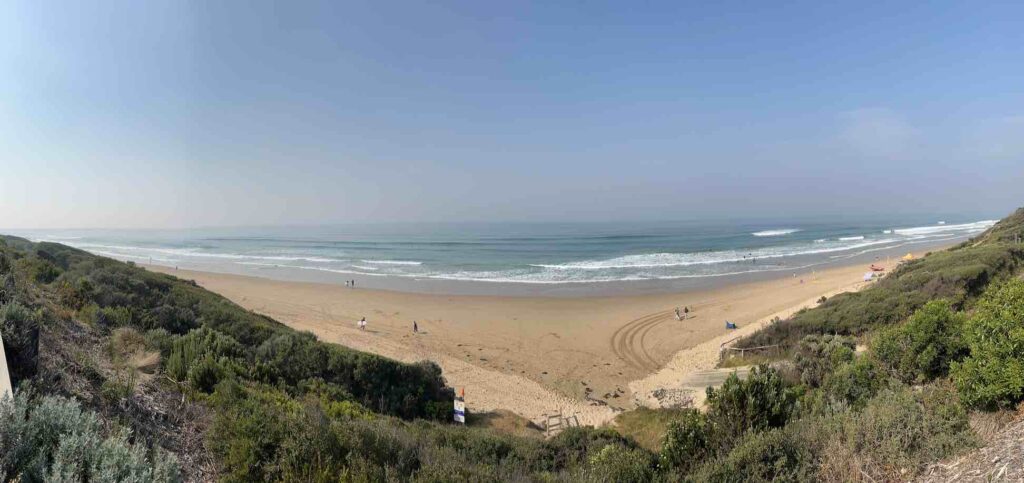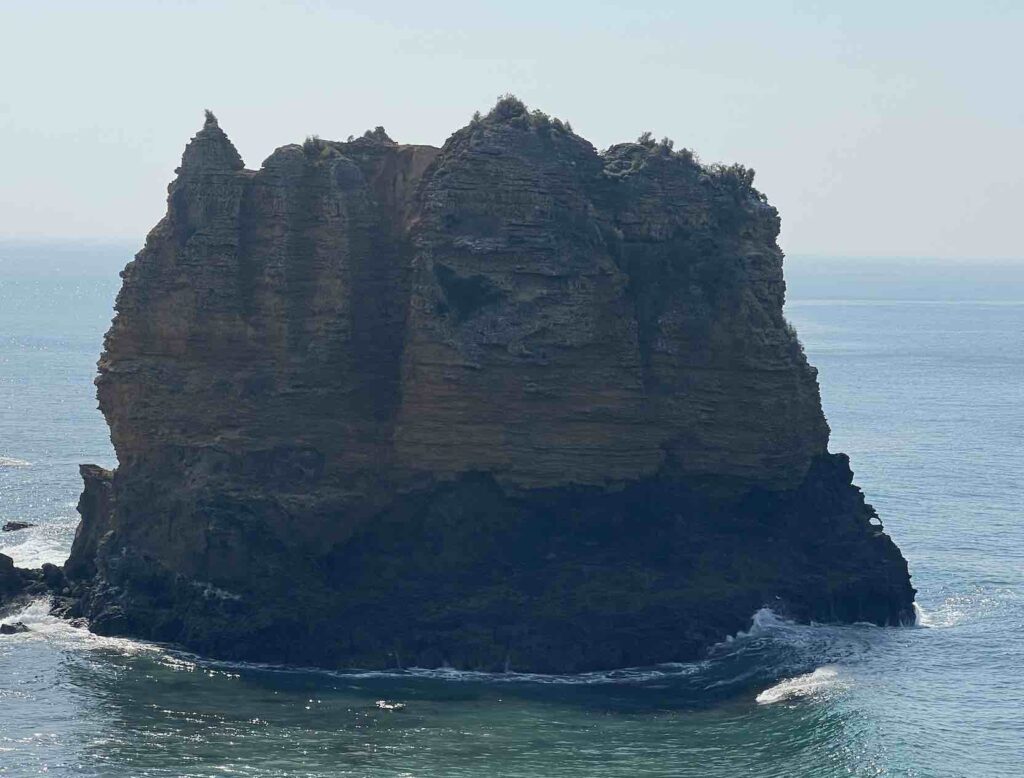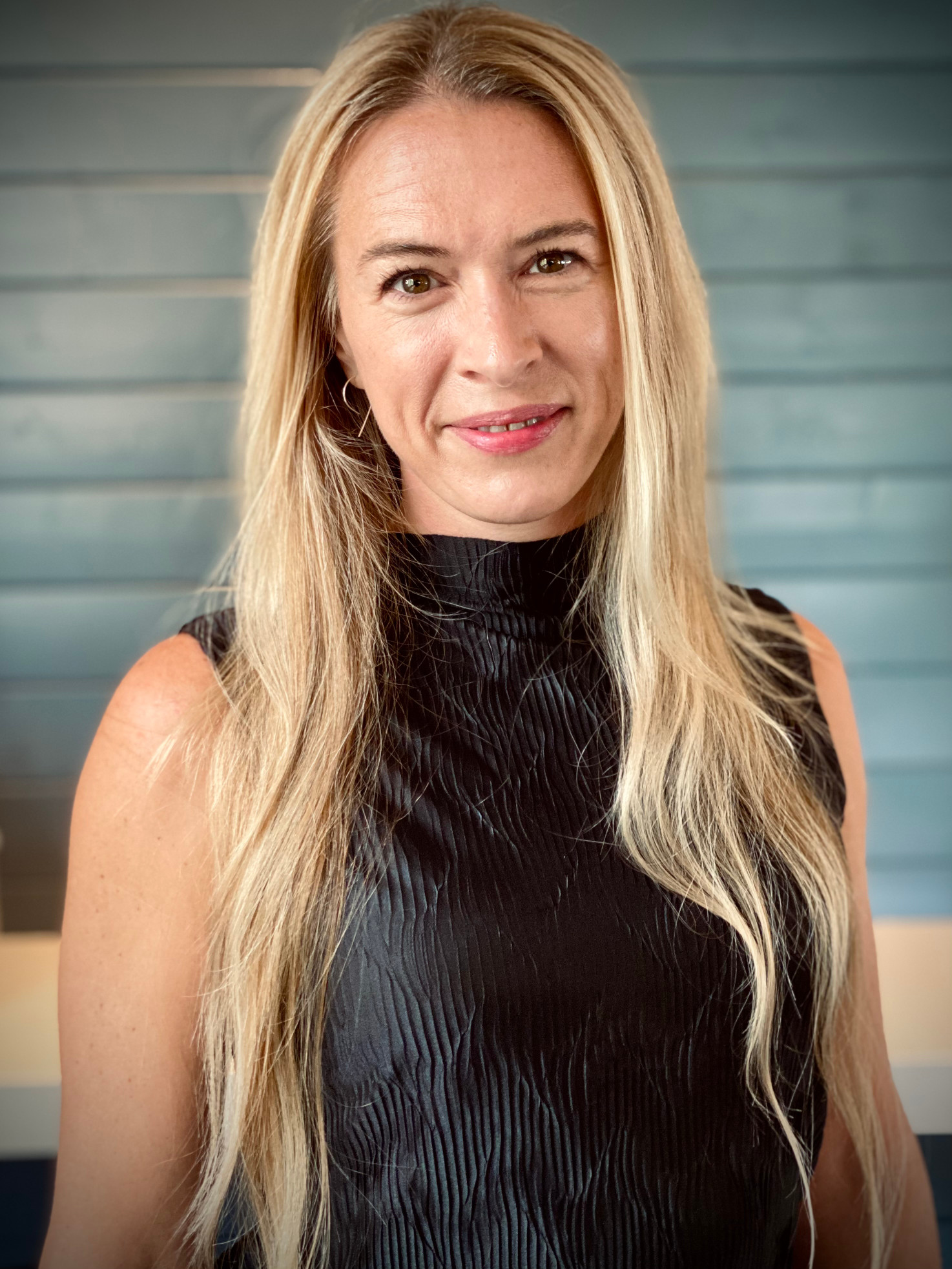RFK Jr is wrong about RFK Jr is wrong about mRNA vaccines – a scientist explains how they make COVID less deadlyRFK Jr is wrong about
©️The Conversation
7th August 2025
Deborah Dunn-Walters
US health secretary Robert F. Kennedy Jr has announced he is cancelling US$500 million (£374 million) of research into mRNA vaccines, citing unproven concerns about their safety and long-term effects.
Kennedy has claimed that mRNA vaccines “encourage new mutations and can actually prolong pandemics” – a misleading statement that contradicts the scientific consensus on viral evolution and effects of vaccination.
But scientific research shows that mRNA vaccines have saved millions of lives.
As an immunologist, I’ve spent years studying how the body responds to SARS-CoV-2 and other respiratory viruses. Let’s be clear: there is no credible evidencethat mRNA vaccines cause viral mutations – genetic changes that occur as a virus copies itself – or that they’re ineffective against respiratory infections like COVID-19 or flu. These claims misrepresent both how viruses evolve and how vaccines actually work.
Unlike traditional vaccines, which introduce weakened or inactive parts of a virus to trigger immunity, mRNA vaccines work by delivering genetic instructions that teach our cells to produce a harmless piece of the virus (usually a protein found on its surface). This gives the immune system a preview of what to fight, so it’s ready if the real virus shows up.
Our bodies are constantly fighting off infectious organisms – viruses, bacteria and other pathogens – that rely on us as hosts to survive and reproduce. As part of this ongoing battle, viruses naturally mutate over time. This process happens with or without vaccines.
Each time a virus replicates, small copying errors can occur in its genetic material. Some of these mutations have no impact; others give the virus a competitive advantage, helping it spread more efficiently. That’s how new variants arise.
In the case of COVID-19, scientists observed that the virus was mutating from the start. Variants appeared both within individuals (“intra-host variation”) and between them (“inter-host variation”). Every so often, one version would gain a competitive advantage – spreading faster, evading immunity, or becoming more infectious – and take over. These are the variants you might remember: alpha, delta, omicron.
This is how evolution works: organisms reproduce and change, and some changes help them thrive.
The immune system’s defence
Now, let’s look at the other side of the battle: our immune system.
Some parts of our immune defence are always on: physical barriers like skin, and innate immune responses that are ready to fight anything unfamiliar. But our most powerful defence is adaptive immunity: a specialised response that targets a specific invader once it’s been identified.
This is where vaccines come in. When a virus invades the body for the first time, it can cause serious illness before our adaptive immune system knows how to respond. But vaccines, including mRNA vaccines, act like a rehearsal. They introduce a harmless piece of the virus (often a single protein) so the immune system can learn to recognise it and respond faster in the future.
mRNA vaccines work by delivering a snippet of genetic instructions to our cells, which then produce the viral protein temporarily. Our immune system then builds a response to it. This means we get all the immune training with none of the illness – unlike actual infection, which can be dangerous.
Vaccines don’t cause viruses to mutate. The mutations already exist – they emerge randomly and constantly during viral replication. What vaccines (and our immune systems) do is filter which variants survive.
When the original COVID-19 virus encountered a population with strong immune defences – built through vaccination or past infection – it was effectively stopped. That virus lost its competitive edge. But other, naturally occurring variants with slightly different surface proteins (the “outer coat”) could sometimes sneak past these defences. That’s how new variants emerged.
Importantly, neither vaccines nor natural immunity created those mutations – they simply selected which ones became dominant.
The good news
There’s a silver lining. Even when a variant partially evades immune defences, our bodies often still recognise parts of it. This is called cross-reactivity – and it can mean we get less sick, even with a new strain.
Over time, as we’re exposed to more variants through infection or updated vaccines, our immune system refines its response. It becomes better prepared to fight future versions of the virus – just like it’s done with flu and other infectious diseases.
COVID-19 hasn’t disappeared, but thanks to mRNA vaccines and our growing immune memory, it’s far less deadly than it was in 2020.
Despite the claims of high-profile figures like RFK Jr, mRNA vaccines do not cause viruses to mutate. Mutations are part of viral evolution: a natural process that happens regardless of our intervention.
What vaccines do is give us a fighting chance. They’ve saved millions of lives by reducing severe illness, hospitalisations and death. They remain one of the most powerful tools we have in the ongoing battle against infectious disease.





